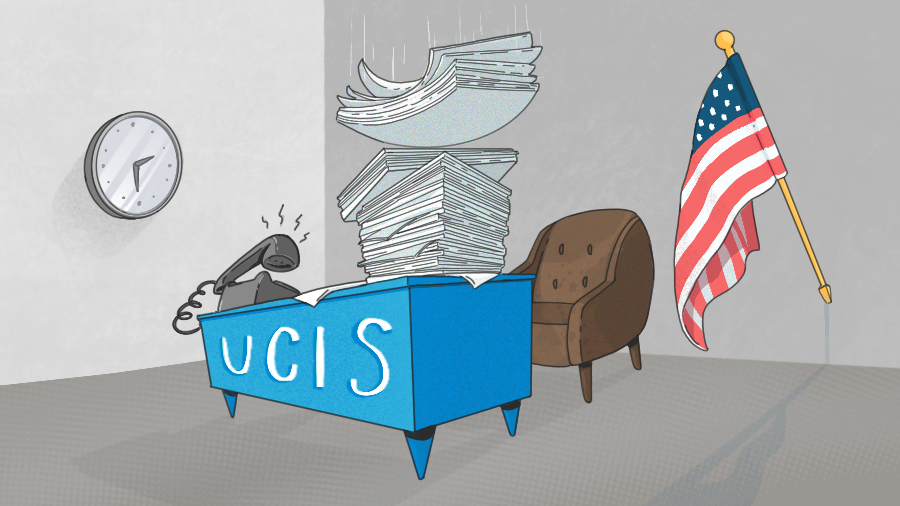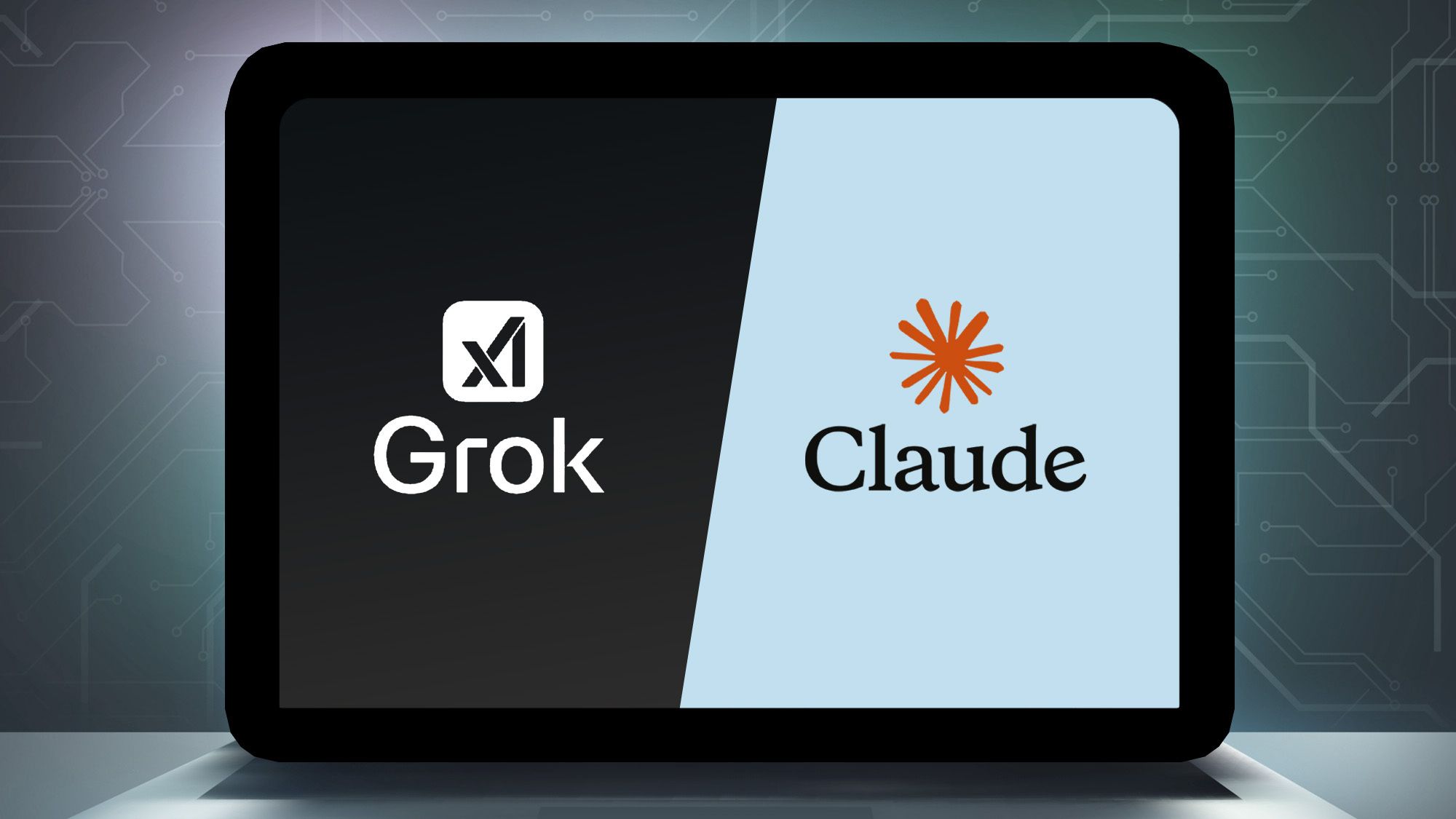Earlier this month, President Donald Trump sent shockwaves through Silicon Valley with his announcement that the U.S. would introduce a new $100,000 one-time fee for each new petition for an H1-B visa, the program that brings tens of thousands of skilled professionals from abroad to work for American software, tech and biotech companies each year.
While many agree that the H1-B visa program, which has been crucial to the staffing strategies for many U.S. tech giants for decades, is deeply flawed, investors and an immigration attorney who spoke with Crunchbase News were divided over the impact of the changes and what they will mean for the creation of new American startups.
Sophie Alcorn, founder and CEO of Palo Alto, California-based Alcorn Immigration Law, sees the changes as an “immediate crisis” for the startup and venture economy and said the policy is, in effect, an “insurmountable founder tax.”
“We’re talking about stopping the next Eric Yuan of Zoom or Jensen Huang of Nvidia before they can even start,” she said. “The administration’s stated goal is to attract the best, yet this policy does the opposite.”
That view was echoed by Eugene Malobrodsky, managing partner at One Way Ventures, who said the new fee essentially pits companies against the tech giants in a salary war that’s impossible for small startups to win.
“For somebody like OpenAI, Anthropic, Google or Microsoft – $100,000 is what they might spend on soap in their office,” he said in an interview. While he, like many others, believes the H-1B program should be updated, “this is not the way to reform it,” said Malobrodsky, whose firm invests in seed-stage startups founded by immigrants.
Still, Manan Mehta, founding partner of Unshackled Ventures, another VC firm that exclusively backs immigrant founders coming to the U.S., views the new policy as an “opportunity to modernize a 35-year-old system for today’s economy.”
The new rules could shift focus towards alternative pathways like the O-1 visa and International Entrepreneur Rule, which he believes favor startups focused on innovation. “Rather than deterring startups, I believe this creates a strategic opening for them,” he told Crunchbase News.
While the Trump administration’s new fee doesn’t apply for H-1B visa renewals and there may be “national interest” exemptions in some cases, the proposed changes nonetheless mark a major shift for the program.
As part of his new tech immigration policy, Trump also announced an executive order to create a “Gold Card” pathway through which foreign nationals who make unrestricted gifts of $1 million (by an individual) or $2 million (a corporation) to the U.S. Department of Commerce would qualify for expedited immigrant visa processing.
Immigration’s impact
The H-1B program has faced criticism for years from some U.S. tech workers and critics of expanded immigration, who say it favors lower-paid foreign workers at the expense of qualified Americans.
But supporters of the program say it brings highly-talented and educated foreigners to the U.S. to fill talent gaps at American companies, and that many of those workers go on to launch their own businesses in the U.S.
Indeed, research by Stanford’s Venture Capital Initiative found that nearly half of America’s billion-dollar startups were founded by people born outside the United States. The analysis of 1,078 founders behind 500 U.S. unicorns found that 474 founders — 44% — were born outside the United States. India, also by far the top recipient of H-1B visas, is the leading birthplace for unicorn entrepreneurs, with 90 of the founders hailing from there.
Image source: https://www.linkedin.com/in/ilyavcandpe/
Research cited by the American Immigration Council — a nonprofit think-tank that advocates for increased immigration to the U.S. — suggests that an increase in H-1B workers is also correlated with higher wages overall, more patent applications, and greater job growth.
Opportunity or crisis?
Alcorn said that already in her law practice she has seen “the next wave of AI startups freeze in their tracks” as a result of the policy change, with immigrant founders on the verge of leaving Big Tech jobs to form their companies putting those plans on hold as a result of the new $100,000 fee.
But in Mehta’s view, the traditional H-1B pathway — with its lottery system, timing constraints, and a “legal complexity that favored large corporations with dedicated immigration departments” — was already challenging for early-stage companies.
The updates could prompt more startups to look at more founder-friendly pathways, he said. “The O-1 visa for individuals with extraordinary ability, the International Entrepreneur Rule, and other merit-based options become more attractive,” he told Crunchbase News. “These pathways align perfectly with what startups need: exceptional talent solving hard problems.”
The H-1B changes could be a blessing in disguise, he said. “Rather than deterring startups, I believe this creates a strategic opening for them,” he said.
The companies that will struggle, Mehta believes, are those using H-1Bs primarily for cost arbitrage rather than accessing unique talent. “For startups focused on innovation and job creation, this moment reinforces what we’ve always known: immigration should create opportunities, not exploit loopholes,” he said.
‘Very few visa alternatives’
Few people dispute that the existing H-1B program isn’t deeply flawed. But whether the Trump administration’s proposed changes will ultimately benefit the U.S. economy is an open question.
Malobrodsky agrees that the current pathway was not ideal but said the new solution is also “absurd.” “Do I think that the whole H1-B program needed to be reformed? Absolutely,” he said. “But this is not the way to reform it.”
Malabrodsky argues that the new fee proposal creates an opportunity for large corporations to take advantage of the program. Many startups would not be able to utilize the program at all because it would be cost-prohibitive, especially for fledgling startups that have raised minimal to no capital, he said.
In Alcorn’s view, the fee can be “simply impossible” for an early-stage company, where a key hire isn’t just a person but “the company’s oxygen.”
“This policy is suffocating our most promising ventures in the cradle,” she said. “There are very few visa alternatives, as most early-stage employees don’t qualify for O-1A ‘Einstein’ visas yet.”
In addition, a new wage-based lottery announced last week could force startups, which typically compete on vision and equity, “into a brute-force salary war with Big Tech — a war they are designed to lose,” Alcorn said.
Unshackled’s Mehta has a more optimistic outlook. He believes that the moves will accelerate the trend of talented immigrants who initially enter through large companies being increasingly motivated to build their own ventures.
“The startup ecosystem that’s positioned to ‘catch’ this talent as they transition from employees to founders will thrive,” he said. “So while the increased fees create challenges for new flow, they also signal an important recognition: immigrant talent creates tremendous value. The question becomes not whether this talent should come to America, but how they arrive and what they build once here.”
But Alcorn believes the immediate impact will make it harder for startups in both the short and long term.
“The result is a simple, brutal equation: without access to this talent, startups will die, move abroad, or never be founded in the first place,” she said. “This is not just a brain drain; it’s a ‘brain push.’ We are actively sending brilliant minds already in our country into the open arms of competitors in China and the Middle East, who are rolling out the red carpet.”
Related reading:
Illustration: Li-Anne Dias

Stay up to date with recent funding rounds, acquisitions, and more with the
Crunchbase Daily.








